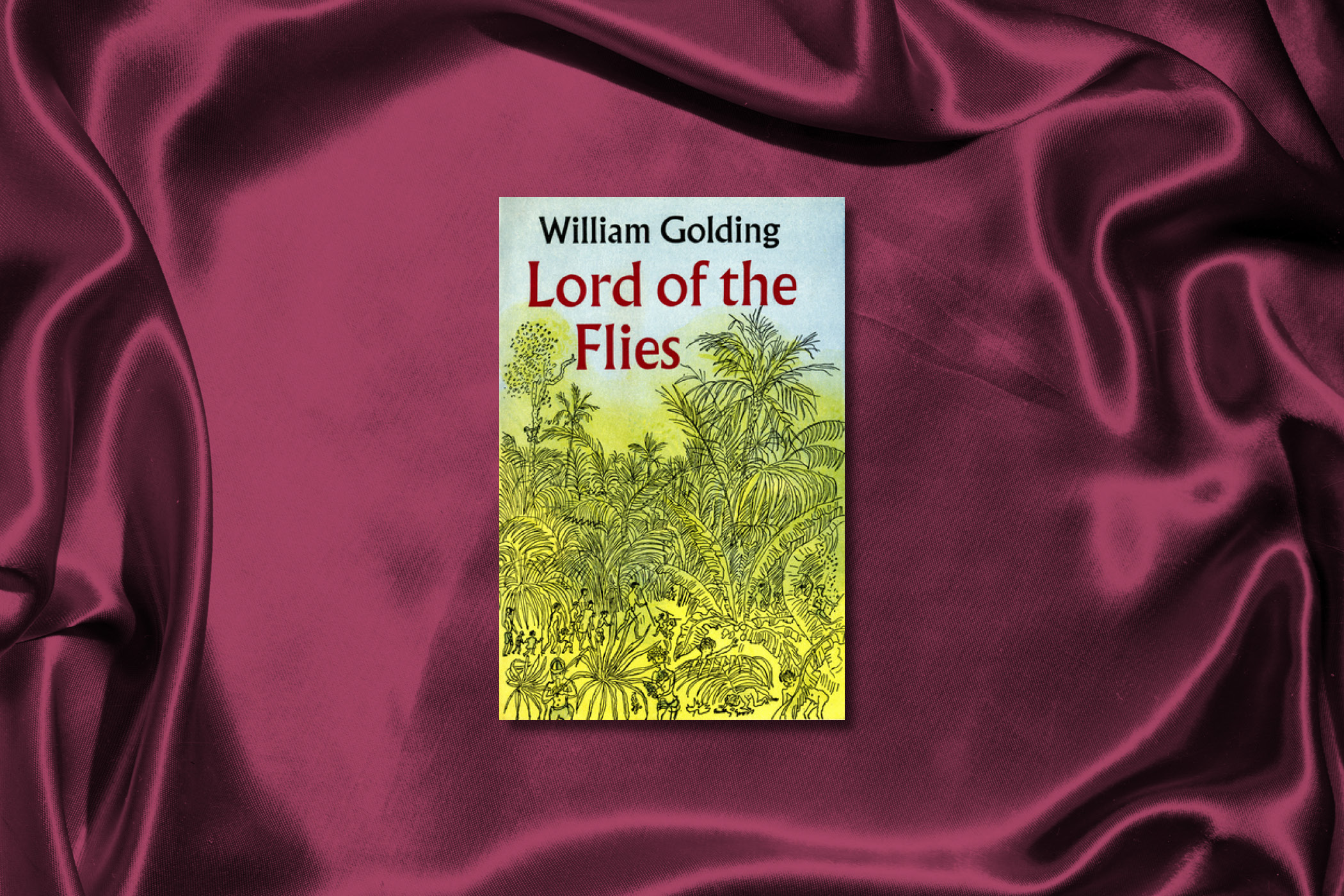Philosophers have spent centuries debating how human beings would behave in a so-called state of nature, where all the rules, norms and social structures that govern civilized society fall away. Would our unique capacity to form mutually beneficial communities prevail, or would we revert to base animal instincts, forging hierarchies through brute violence? In his novel Lord of the Flies, Nobel Prize-winning British author William Golding performed that thought experiment on a troop of preteen boys who find themselves the sole survivors of a plane crash and stranded on a desert island. While symbolic conflicts arise between characters that represent big ideas (democracy, fascism, spirituality), Golding’s ultimate prognosis for the human soul, or at least the pubescent male soul, is bleak. Since its publication in 1954, the book’s imagery has colored our understanding of everything from reality television competitions like Survivor to the toxicity that can fester in all-male communities, and its haunting vision of child turning against child just keeps gaining new resonance. —Judy Berman
Buy Now: Lord of the Flies on Bookshop | Amazon
- The 100 Most Influential People of 2024
- The Revolution of Yulia Navalnaya
- 6 Compliments That Land Every Time
- What's the Deal With the Bitcoin Halving?
- If You're Dating Right Now, You're Brave: Column
- The AI That Could Heal a Divided Internet
- Fallout Is a Brilliant Model for the Future of Video Game Adaptations
- Want Weekly Recs on What to Watch, Read, and More? Sign Up for Worth Your Time
